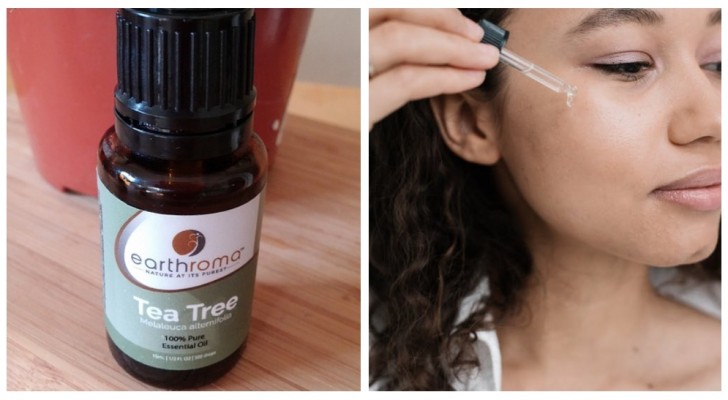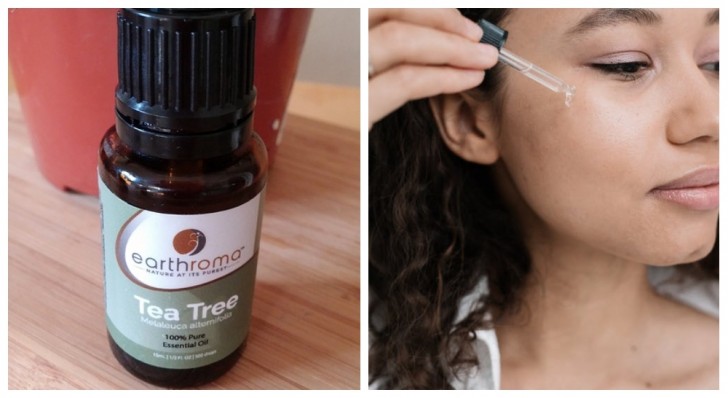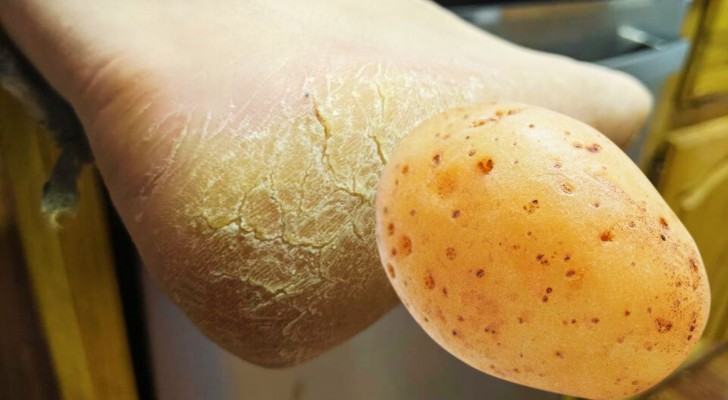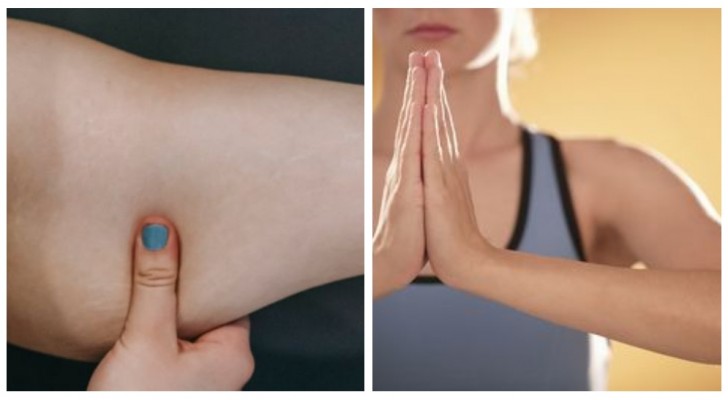Tea tree essential oil: discover its many benefits and the uses you can try it for at home

Essential oils are very useful substances for many areas of daily life - far beyond just simple aromatherapy items. Each plant from which they are extracted has a number of properties that we can use in housework, but also in body care, and one of the most versatile is that of the tea tree.
The tea tree (also known as "melaleuca") is a plant native to Australia, whose scientific, botanical name is Melaleuca Alternifolia. Well known and used by the aborigines for centuries, the oil from this plant then became a component of many cosmetic products as well as for home care, thanks to its antibacterial, antiseptic, deodorising properties, and more. Find out here how you can use this oil for your personal care.

Before listing all the benefits and uses of this excellent essential oil, it is good to remember that the liquid we buy has a high concentration - therefore it is preferable to dilute it with another carrier oil of vegetable origin. The best are apricot, argan, sweet almond, coconut, jojoba, primrose, hemp and rosehip (rosehip).
The uses of tea tree essential oil
- Insect repellent: in a bottle pour distilled water, a tablespoon of pure vodka, 20 drops of tea tree oil and, if you want, other oils such as lemongrass, lavender, geranium or lemongrass.
- Hand Sanitizer: Tea tree can kill various disease-causing bacteria, such as E. coli. For this it is an excellent component in a product to sanitize hands, which you can prepare by mixing 30 drops of tea tree oil, 10 of lavender, 90 ml of ethyl alcohol (at least 90%), 30 ml of aloe vera gel and if you also want a teaspoon of vitamin E oil (which has emollient properties).
- Antiseptic for minor scratches: After cleaning the wound thoroughly (with water and a mild soap), pour a drop of tea tree oil into a teaspoon of coconut oil and rub it gently on the wound, then bandage with sterile gauze. Change the dressing twice a day until a scab forms.
- Promotes wound healing: since it stimulates the activity of white blood cells, it is able to reduce the inflammation surrounding the wounds, so a few drops (3-5) can be added to the bandages that cover the wound.
- Acne: There are tea tree-based gels specifically for acne. And you can also try a homemade product, mixing 9 teaspoons of water and one of tea tree oil, to rub on the affected area with a little cotton.
- Antifungal: If you happen to have fungus on your nails, you can use this essential oil. You can apply a few drops of pure oil or even diluted with a little coconut oil (or others that are suitable to act as a carrier).
- Mouthwash: against plaque and bad breath, you can try adding a drop to a glass of warm water, and rinse your mouth for 30 seconds. Be careful not to swallow it!
- Anti-dandruff: add 2-3 drops to the normal amount of shampoo you usually use!
If you are not sure if you have allergic reactions to tea tree oil, you can try putting a drop on the skin (perhaps the crook of the elbow) and check the situation after 24 hours. In any case, it should never be ingested, and for those with very sensitive skin it is always good to increase the quantities of carrier oil in order to dilute the essential one more.





